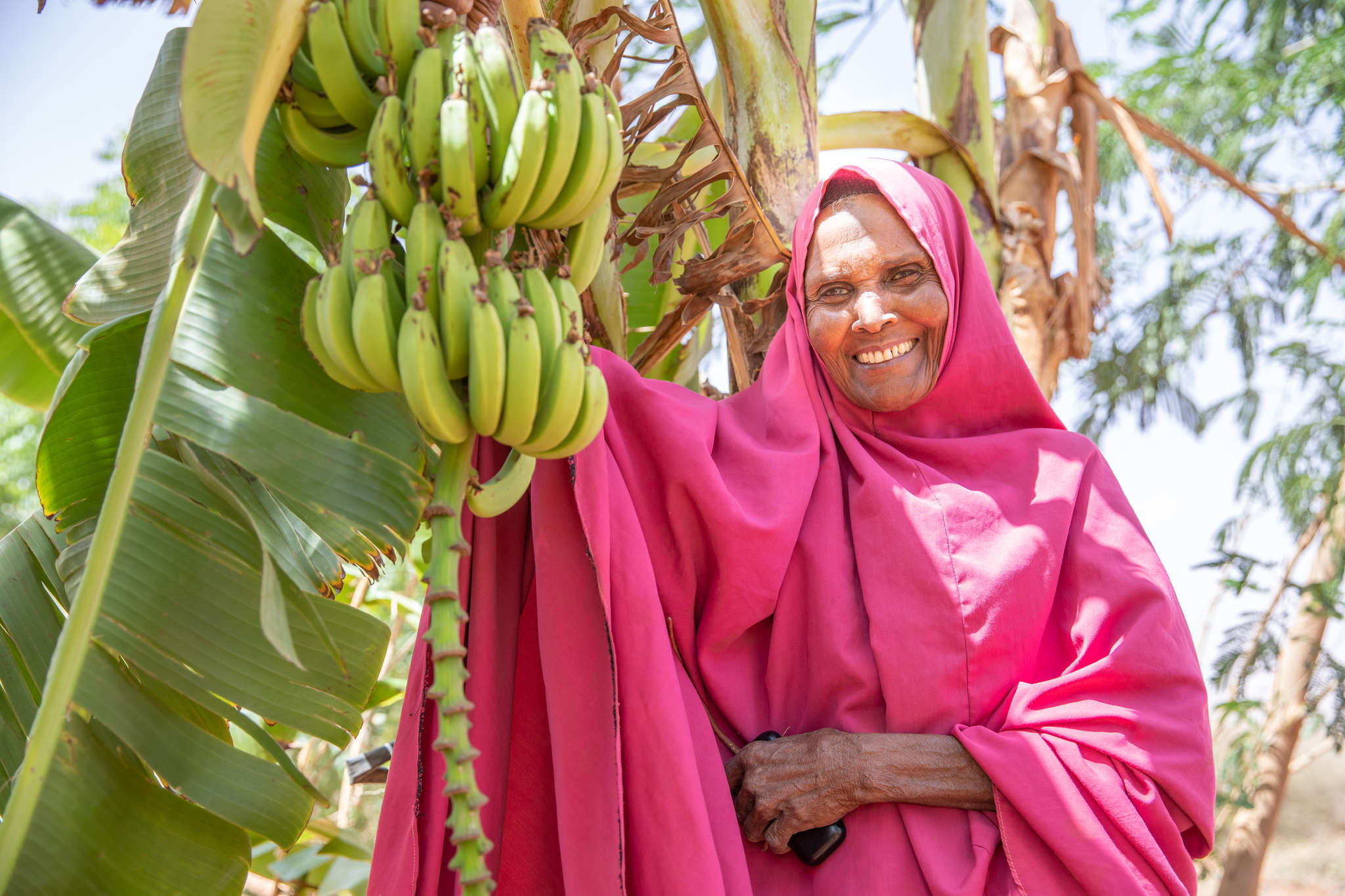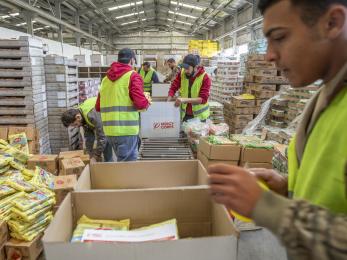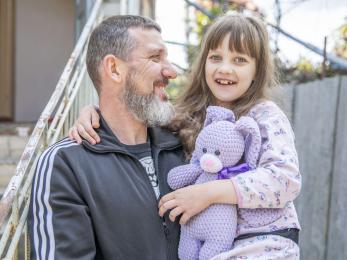A year of war in Sudan: Devastation and hopes of recovery
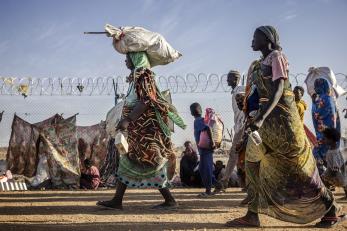
One year on—the war in Sudan has devastated the country. Communities in Sudan are experiencing unprecedented waves of displacement—more than eight million people fled their homes. Health facilities in war-affected areas have either been looted or have closed without security or supplies. Access to basic necessities like food, shelter, and health services are limited for most people. The year of relentless fighting in Sudan has created one of the world’s worst humanitarian crises, with 25 million people—including 14 million children—in desperate need of assistance to survive.
“Witnessing firsthand the devastating consequences of conflicts, my family and I constantly fear for our safety and the safety of our loved ones,” said Leena, a Mercy Corps team member who has remained in Khartoum, the capital city that has been the epicentre of the war. “Enduring a year of constant artillery and gunfire noises, even basic tasks posed serious risks due to stray bullets and ongoing clashes.”
On April 15, 2023, fighting broke out across Sudan between two rival groups, the Sudanese army and a paramilitary group called Rapid Support Forces. The violence was especially concentrated in Khartoum since the outset of the conflict and the ongoing severity of it has pushed more than 70% of people out of the city, according to the U.N.’s International Organisation for Migration.
Even basic tasks posed serious risks due to stray bullets and ongoing clashes.
Leena, Mercy Corps Team Member in Sudan
The U.N. estimates more than 14,000 civilians have died and 33,000 have been injured—although the death toll is believed to be much higher. “For 12 months, the people of Sudan have endured unimaginable suffering, with millions now facing starvation,” said Sibongani Kayola, Mercy Corps Country Director for Sudan. “Immediate food access and the future of farming in Sudan are at risk. 80% of the population relies on agriculture for income, and the conflict has devastated Sudan's agricultural backbone. Most farms have nothing left, as many farmers have been displaced or had to abandon their farms for fear of attacks.”
Nearly 18 million people in Sudan, or one-third of its population, are facing severe food shortages due to conflict disrupting food production and supply chains. Regions that were once the country’s breadbasket, such as Al Jazira, Kordofan, and White Nile, are now brutal battlefields. Fuel shortages, rising food prices, and a large-scale cholera outbreak are worsening the crisis.
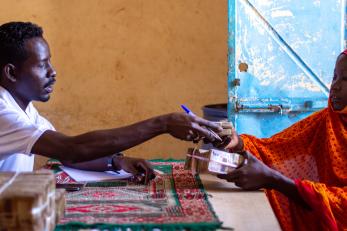
Despite significant challenges, aid workers, locally-led community initiatives, and volunteers are providing lifelines to those trapped in conflict or hard-to-reach areas. Mercy Corps is actively responding to the crisis in Sudan, delivering much-needed humanitarian assistance to those affected by the ongoing conflict across seven states. Our local teams are providing immediate support to displaced communities while laying the groundwork for long-term recovery after the violence ends.
Mercy Corps has delivered cash aid to internally displaced people to help more than 12,000 families meet their daily needs, enabling them to buy essentials like food, water, medicine, and hygiene supplies. To ensure more sustainable long-term recovery, Mercy Corps is supporting smallholder farmers by supplying seeds and agricultural supplies to sow new crops. The majority of the population depend on agriculture for income, and farmers who have remained on their land have been unable to plant crops due to lack of resources.
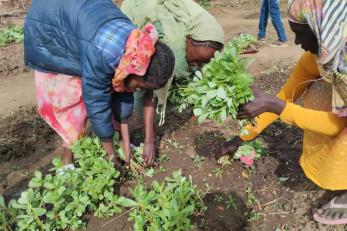
Since 2004, Mercy Corps has worked in Sudan providing humanitarian support like access to clean water and creating new employment and economic opportunities. We are committed to supporting the people of Sudan through this latest crisis and beyond.
After a year of catastrophic war, the need for stability and sustained peace is more critical now than ever. Both as a humanitarian and as a Sudanese person, we are hoping for a peaceful resolution so we can restore our lives and livelihoods. The needs are immense, but I know we can rebuild in Sudan despite what the war has destroyed.

